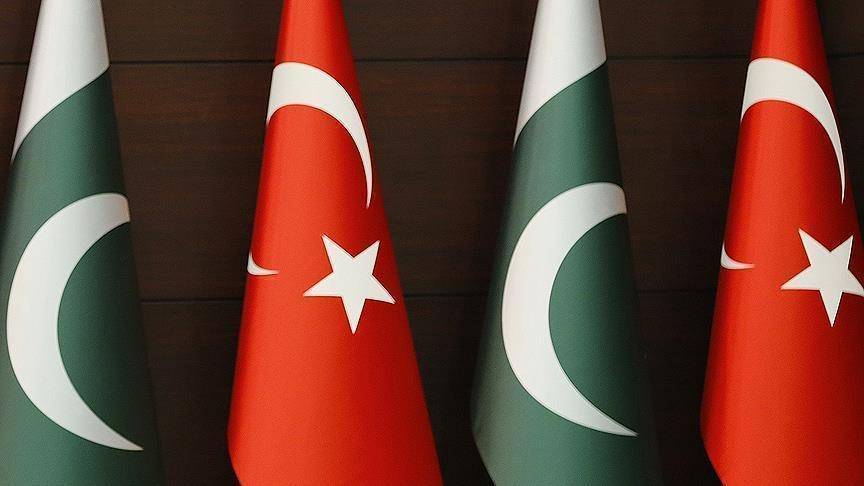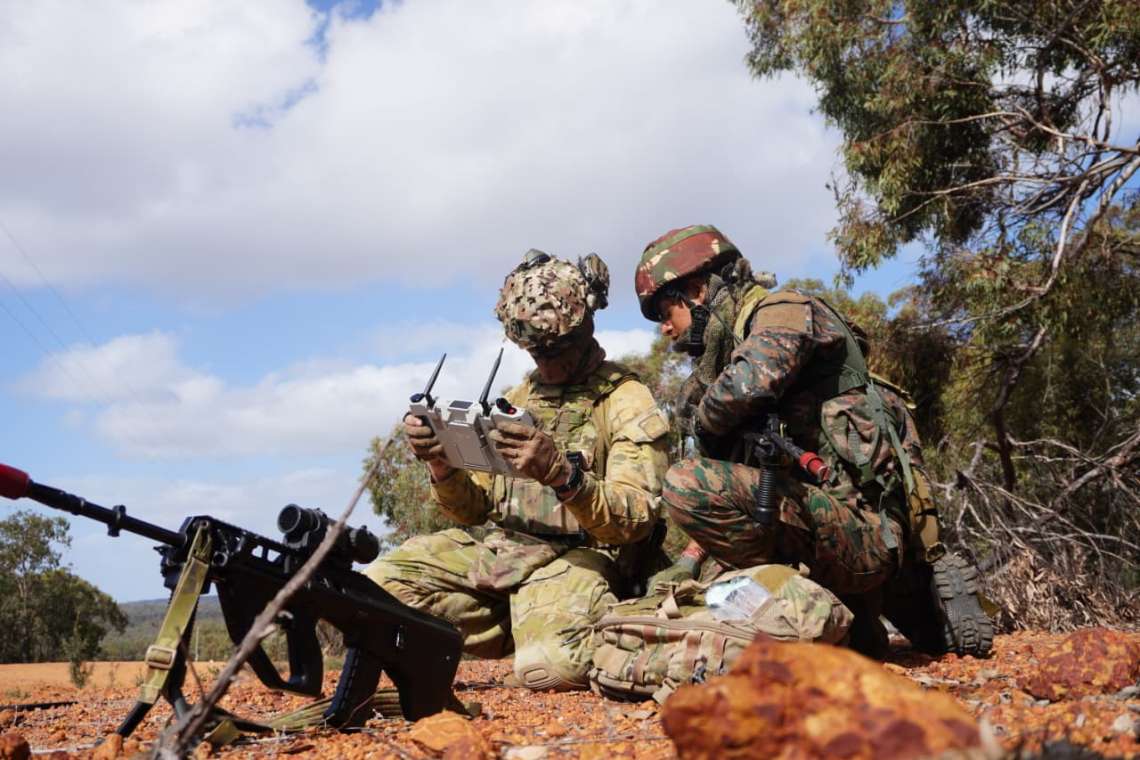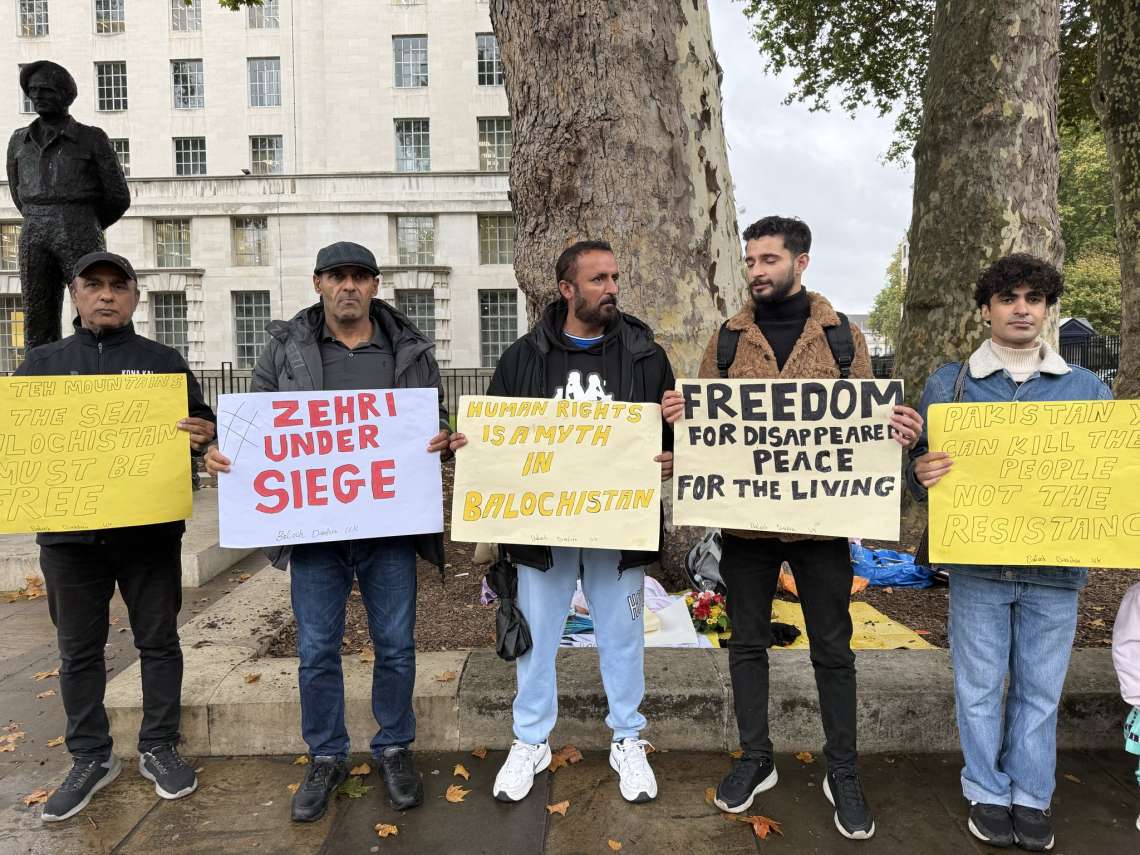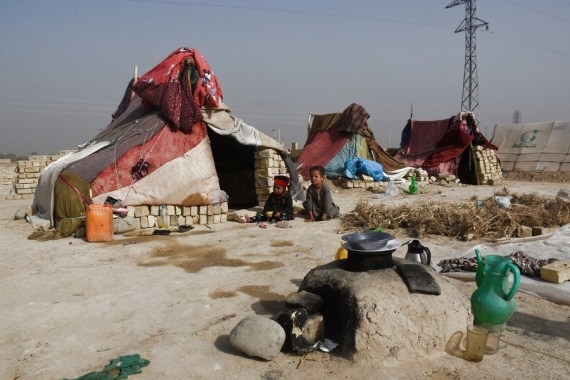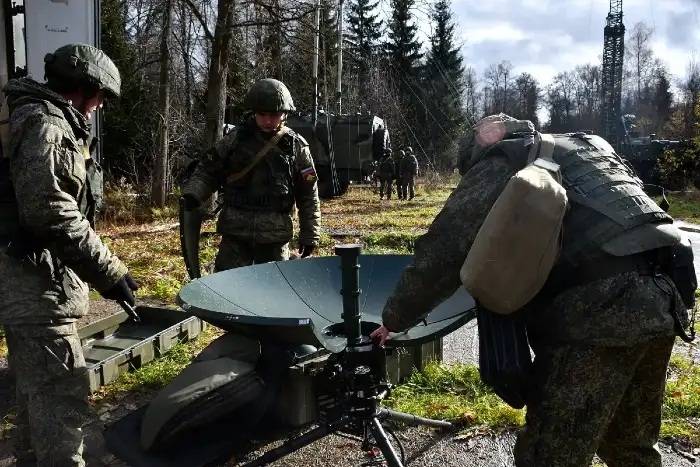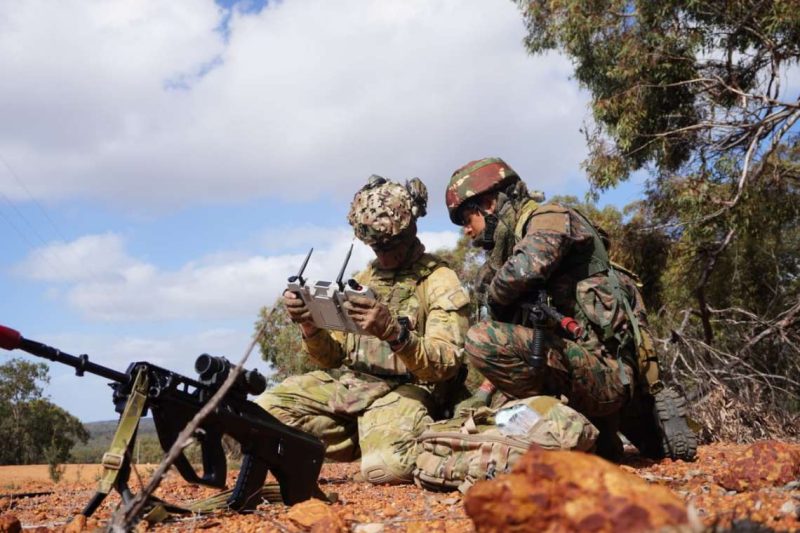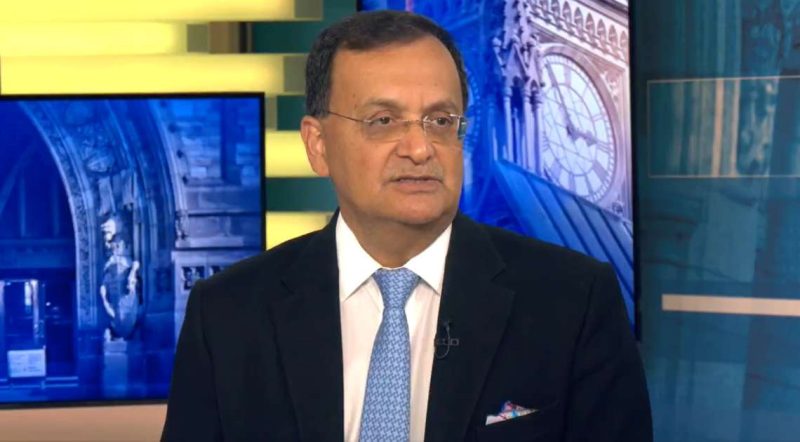Another insider highlighted that the recent attacks on temples and Durga Puja sites in Bangladesh should serve as a wake up call for the entire South Asian region….reports Mahua Venkatesh
Terror outfits including the Islamic State of Iraq and Levant (ISIL) and Al Qaeda have cashed in on the Covid 19 pandemic which led to increased dependence and use of online platforms since 2020 to spread radicalism and raise funds, the Paris based Financial Action Task Force (FATF) has said. Several non governmental organisations (NGOs) and micro, small and medium enterprises are also being used for generating revenues.
FATF recently said these terror outfits “continue to pose a serious threat to international stability, security and peace.”
A senior official engaged with the crime department told India Narrative that Indian security authorities must take cognizance of the increased level of terror threats emanating from the shifting geopolitical dynamics in Afghanistan. While Pakistan continues to be on FATF’s grey list what is worrying is that Turkey has also joined the bandwagon.

“We must also understand that Pakistan continues to be on FATF grey list. This must be taken as a serious warning.. there must have been enough reasons for FATF to conclude that Islamabad needs to continue remaining on the grey list,” he said.
The official added that while Pakistan has been on FATF’s grey list since June 2018, the contours are different today with the return on the Taliban in Afghanistan.
Another insider highlighted that the recent attacks on temples and Durga Puja sites in Bangladesh should serve as a wake up call for the entire South Asian region.
“Global security threats are high and such attacks could be on the rise and the challenge for security authorities is to ensure such instances do not occur..they are aimed at destabilizing regional economic, political and social framework,” one of them added.
Meanwhile, FATF also said that since 2020, both ISIL and Al Qaeda have increasingly turned to new payment technologies to raise, move and deploy funds. “As a result, the use of virtual assets by terrorists remains a risk. In addition, the risk emanating from expansion of affiliates of ISIL and Al Qaeda has been increasing over the past years,” the terror financing watchdog said.
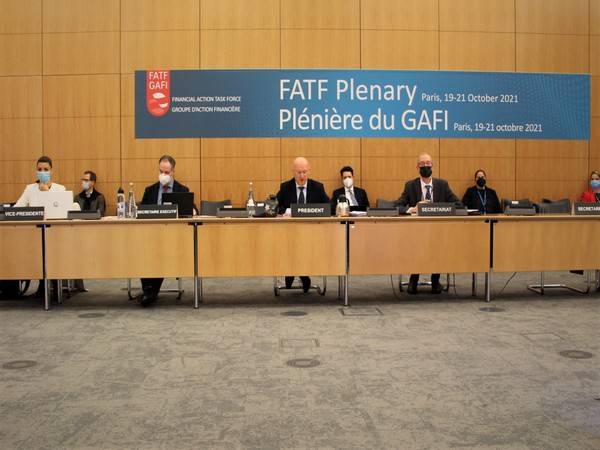
ISIL, for example, has about $25-50 million in reserves. These funds help the group to sustain some activities and to seek a potential resurgence.
The FATF earlier said that the pandemic has led to an increase in crimes, including fraud, cybercrime, misdirection or exploitation of government funds or international financial assistance, which is creating new sources of proceeds for illicit actors.
During the crisis, more than 60 million new accounts have been opened using digital onboarding, FATF Executive Secretary, David Lewis said earlier. However, what is worrisome is that not every digital ID is reliable.
(The content is being carried under an arrangement with indianarrative.com)


